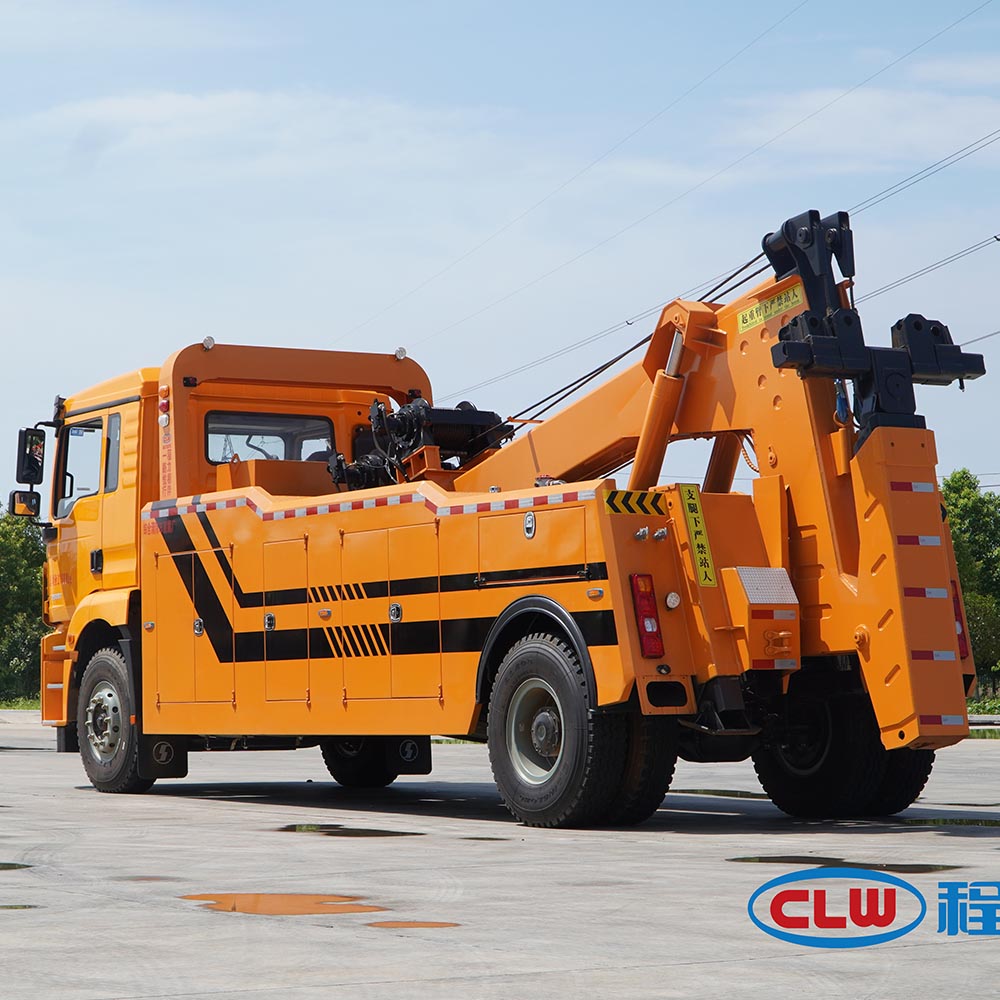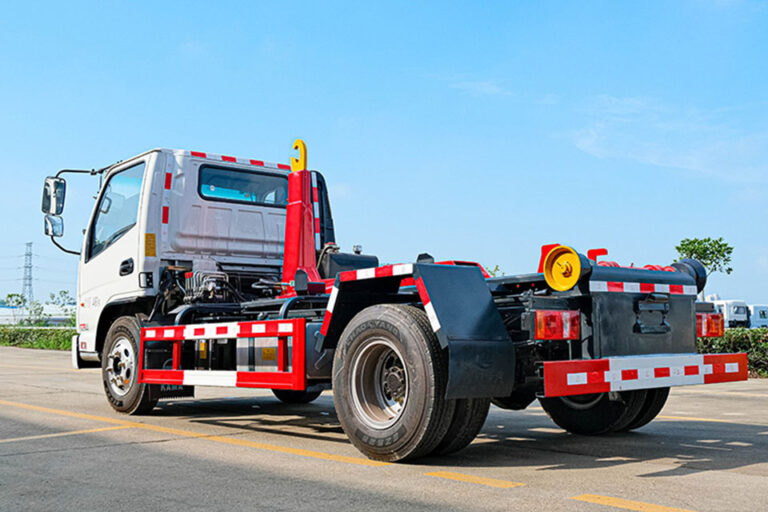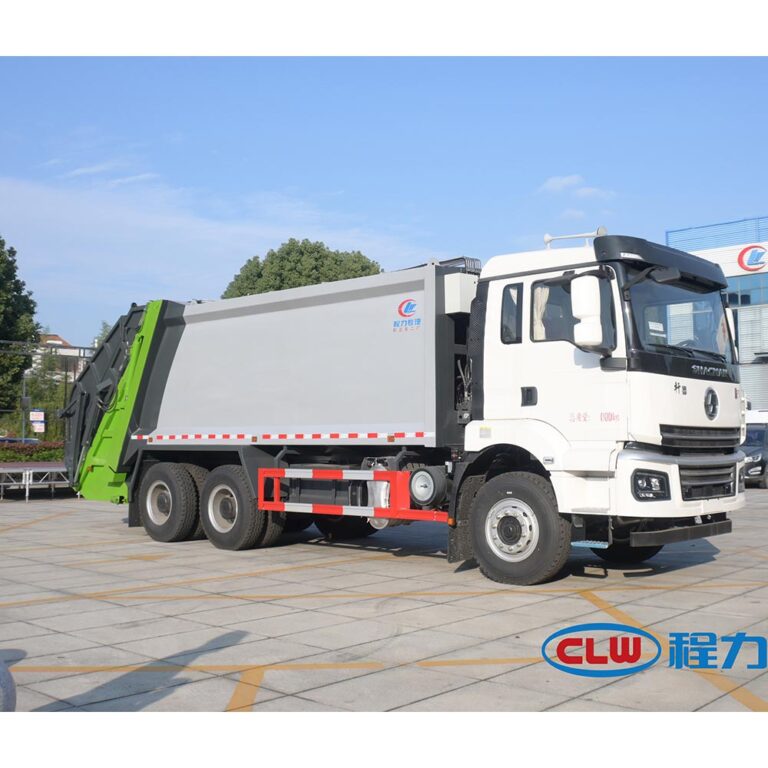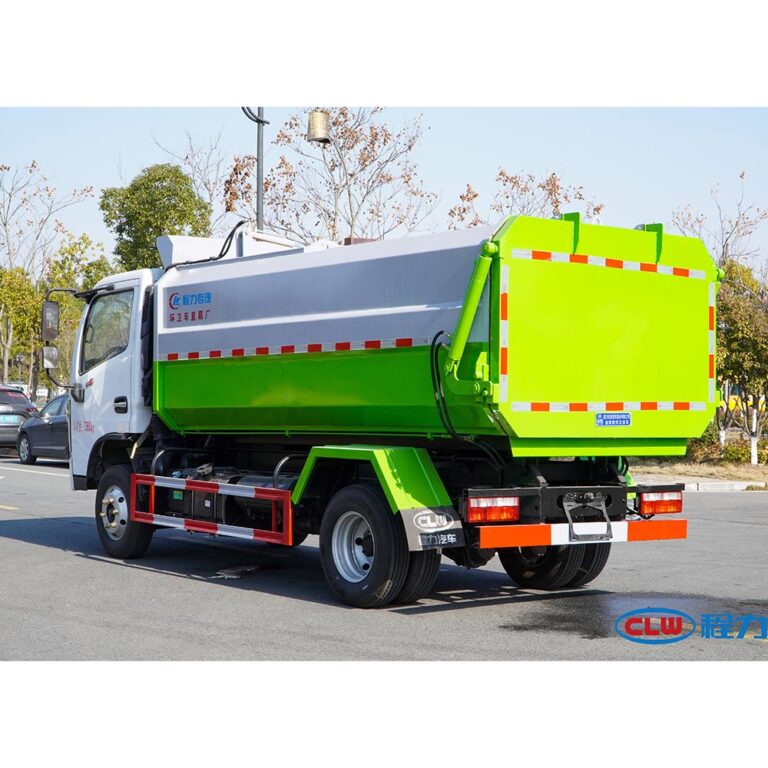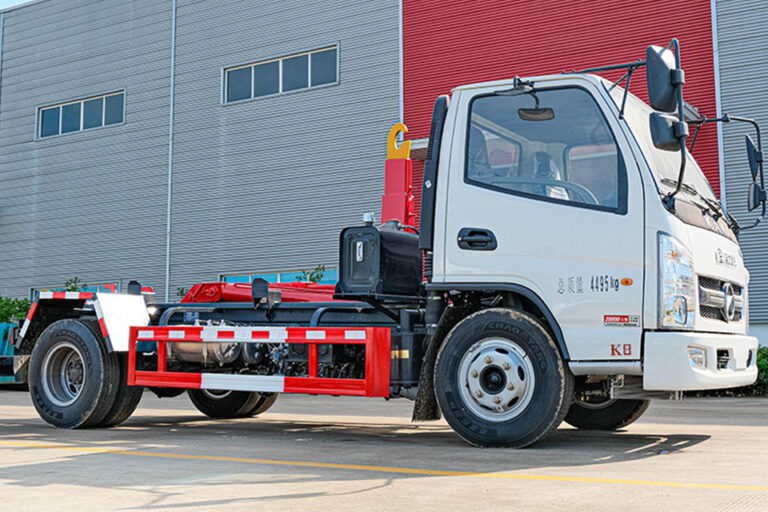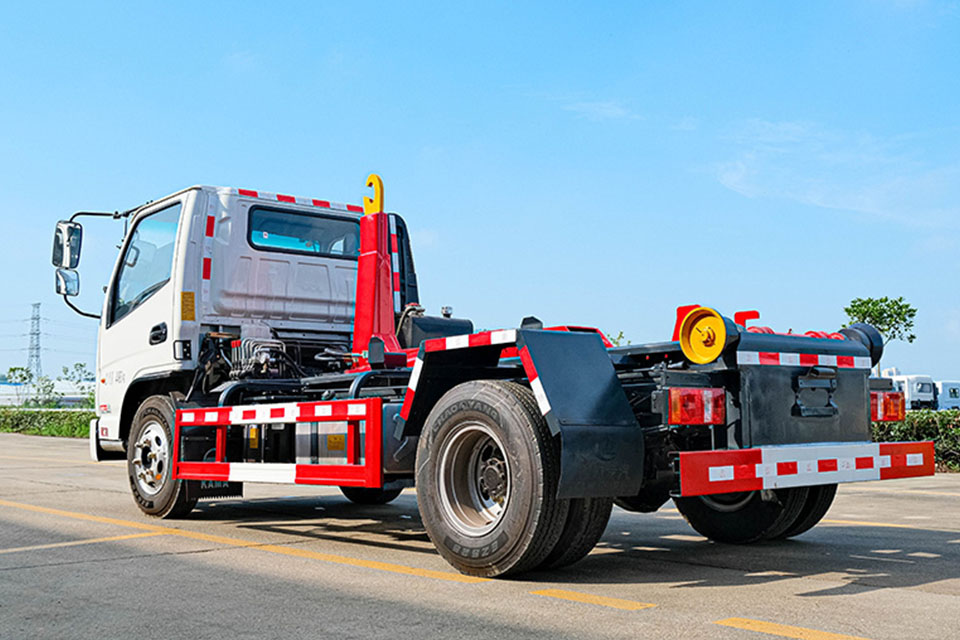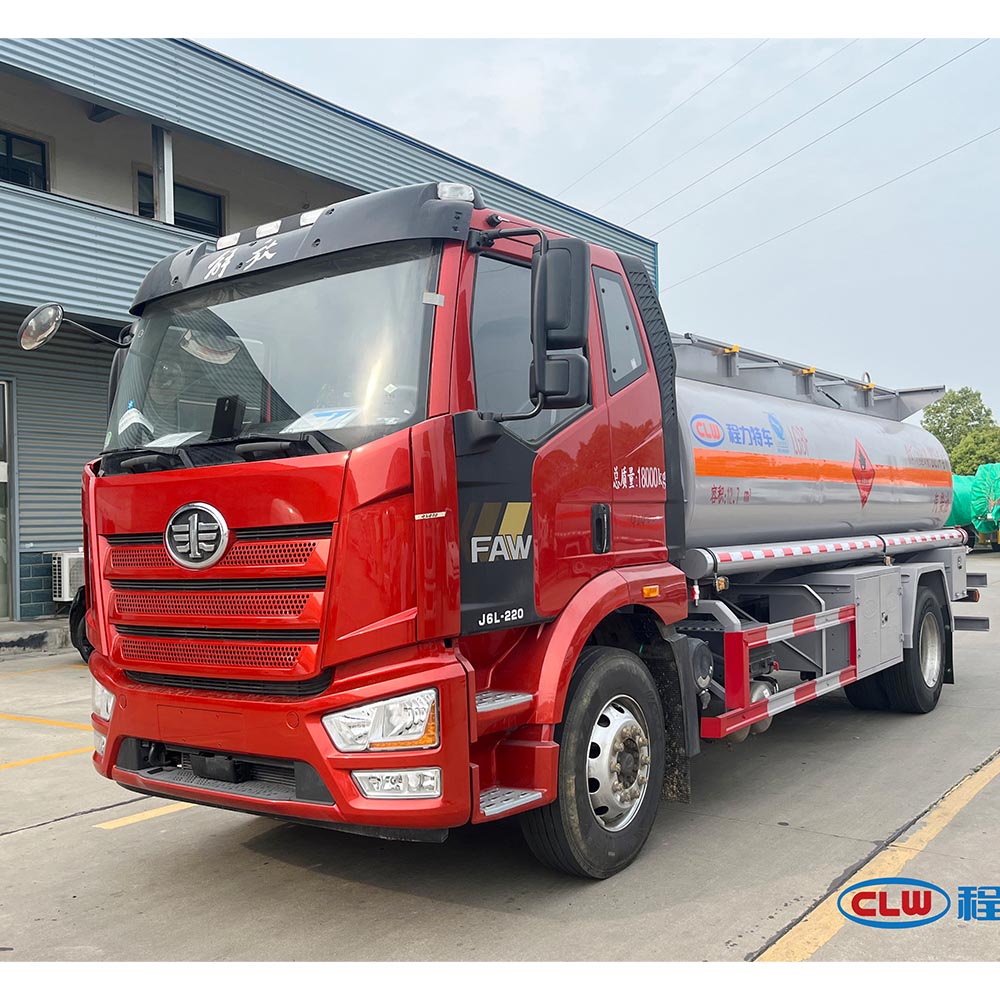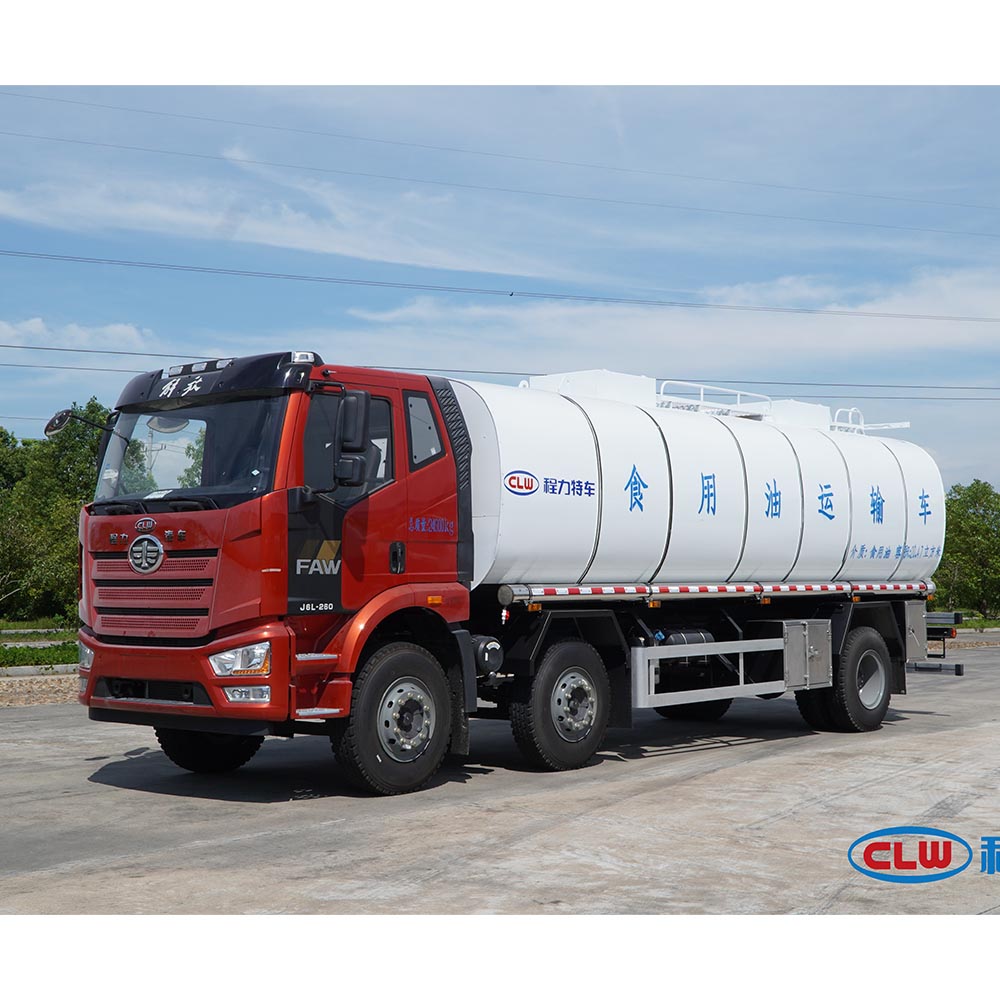-
程力汽车工业园
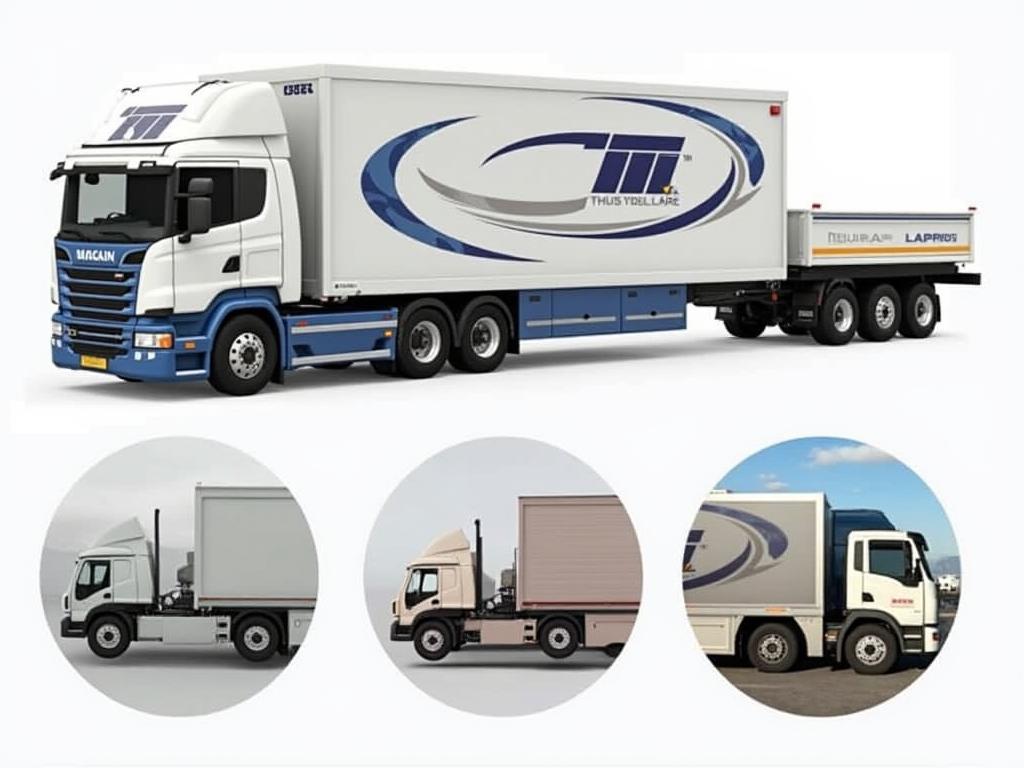
如何提高牵引能力
释放最大牵引力:提高牵引力的方法
本文探讨了决定车辆牵引力大小的基本因素,并提供了提高牵引力的实用策略。 拖曳能力 安全有效。无论您是希望为客户提供建议的汽车经销商、管理各种车队的租赁公司,还是个人 拖车 操作员,了解这些原则对于最大限度地提高您的 拖带 能力,并确保行车安全。这篇文章值得一读,因为它深入探讨了 拖带提供有关升级和改装的可行建议,以提高您的 车辆的牵引能力以行业见解和专家建议为支撑。
目录
1.什么是拖曳能力,为什么它很重要?
拖曳能力 是车辆可安全承受的最大重量 拖车.该额定值由制造商确定,并考虑了各种因素,包括车辆的发动机功率、 传动底盘强度、 悬浮液, 制动器 系统,以及 车桥 比率。牵引能力取决于车辆和拖车系统中最薄弱的环节。对于汽车经销商来说,了解车辆的 拖车 汽车租赁公司必须遵守这些限制,以确保客户的安全和车队的使用寿命。汽车租赁公司必须遵守这些限制,以确保客户的安全和车队的使用寿命。 拖曳能力 这一点很重要,因为超过它可能导致
- 安全风险: 超负荷 拖车 车辆和 预告片 更难控制,尤其是在高速行驶或紧急机动时。
- 车辆损坏: 拖曳重量超过建议重量会对发动机造成压力、 传动, 制动器这些问题会导致过早磨损、故障甚至灾难性故障。
- 法律问题: 超过 重量等级 可能导致罚款、处罚或事故责任。
- 保修失效: 如果因拖车超出规定限度而造成损坏,车辆制造商可能会取消保修。
作为 拖吊车 我们深知与生产厂家的需求相匹配的重要性。 拖车 车辆与正确的 预告片 并确保所有组件都能胜任任务。我们的专业知识使我们能够为那些希望实现以下目标的人提供有价值的见解和解决方案 提高牵引能力 安全有效。
2.升级铰链对牵引有何影响?
"(《世界人权宣言》) 铰接 是 拖带 系统之间的连接点。 拖车 车辆和 挂车. 牵引器 根据其 额定重量I 级最轻,V 级最重。最好确保您的 拖车钩 拖车的额定总重量达到或超过您打算使用的拖车总重量。 拖车.
拖车挂钩 升级可大大 影响牵引 能力有几种方式:
| 铰链级别 | 重量等级 | 典型用途 |
| 一级 | 重达 2,000 磅 | 小型拖车、自行车架 |
| 二级 | 最大 3,500 磅 | 小船、露营车 |
| 三级 | 重达 8,000 磅 | 较大的船只 旅行拖车 |
| 第 IV 级 | 重达 10,000 磅 | 更大 旅行拖车马 预告片 |
| 五级 | 重达 20,000 磅或更多 | 重型 预告片商业应用 |
- 额定重量增加: 升级到更高级别 铰接 您可以 牵引重物只要车辆的其他部件能够承受增加的重量。
- 提高安全性: 更强大 铰接 在应力作用下不易失效,从而降低了由以下原因造成的事故风险 铰接 失败。
- 更好的重量分配: 一些更高级别的 搭接 旨在与 重量分配 系统,这些系统有助于分配 拖车舌重 更均匀地 拖车 车轴,提高稳定性和控制性。
不过,需要注意的是,仅仅升级 铰接 不会自动 提高牵引能力.......。 拖车 车辆的整体 额定重量发动机功率 传动, 制动器此外,其他因素也发挥了作用。如 拖吊车 专家,我们建议采取综合方法来提高 拖车 能力,同时考虑到 拖带 系统
3.升级拖车制动器能否提高牵引能力?
拖车制动器 是安全 拖带特别是 更重的负载.虽然 拖车制动器 别直接 提高牵引能力当出现以下情况时,它们在保持控制和制动功率方面起着至关重要的作用 拖带 沉甸甸的 挂车.主要有两类 拖车制动器:
- 电动制动器: 这些是最常见的 拖车制动器 并使用来自 拖车 车辆启动 制动器 在 挂车.
- 突波制动器: 这些 制动器 使用 拖车的 启动一个液压系统,该系统将 制动器.
升级您的 拖车制动器 可以带来多种好处:
- 更强的制动能力 已升级 拖车制动器特别是电动 制动器 用 拖车制动器 控制器,可以大大缩短停车距离,这在以下情况下至关重要 拖带 重型 预告片.
- 增强控制: 更好 制动器 帮助防止 挂车 特别是在紧急情况下或下坡行驶时,应保持车身晃动并保持稳定。
- 减少对拖车的压力: 升级后 拖车制动器,...... 拖车 车辆的 制动器 这样就能减少磨损和制动衰减的风险。
然而,重要的是要记住 拖车制动器 只是等式的一部分。为了安全 牵引重物您还需要考虑 拖车 车辆的 制动器, 悬浮液发动机功率和总体 额定重量.
4.悬挂系统在牵引重物时发挥什么作用?
"(《世界人权宣言》) 悬浮液 系统在 拖带因为它同时支撑着 拖车 车辆和 拖车舌重.车辆的 悬浮液 该系统由多个部件组成,包括车架、弹簧、减震器以及连接车辆和车轮的连杆。 升级悬挂系统 可以通过以下方式提高卡车的牵引能力:
- 处理更重的负载 已升级 悬浮液 部件,如重型弹簧和减震器,可以更好地承受车辆增加的重量。 挂车这样可以防止下垂并保持适当的车辆高度。下垂的车尾会对车辆的后部造成更大的压力。 车桥 并降低前轮的转向和制动功率。
- 提高稳定性: 更强大 悬浮液 时,可减少车身侧倾,提高稳定性 拖带特别是在转弯或不平的路面上。
- 提高行驶质量 悬挂系统升级 可以提供更平稳、更舒适的驾驶体验,即使是在 拖带 沉甸甸的 挂车.
一些常见的 悬挂系统升级 对于 拖带 包括
- 安全气囊: 可在后部增加 悬浮液 以提供额外的支撑,并在 拖带 沉甸甸的 挂车.
- 重型减震器 这些装置可以通过阻尼器的运动来提高稳定性和控制性。 悬浮液.
- 升级版叶片弹簧 这些可以 提高有效载荷能力 后方 悬浮液,使其能够处理更多 舌重.
升级悬挂系统 如果你想提高你的 拖车 容量超出车辆的原装限制。作为 拖吊车 生产商,我们经常会遇到需要 悬挂系统升级 以满足重型 拖带.
5.是否有必要改装车桥以提高牵引能力?
"(《世界人权宣言》) 车桥 是 拖带 系统,因为它能将动力从发动机传递到车轮,并支撑车辆的重量,以及 拖车舌重. 车桥改装 有必要 提高牵引能力特别是对于原本不是为重型车辆设计的车辆而言 拖带.
车轴 修改可以包括
- 改变车桥传动比 "(《世界人权宣言》) 车桥 传动比是指车轮每转动一圈,传动轴转动的次数。传动比越大 车桥 比(数值上)提供更多 扭矩 对于 拖带 但如果不 拖带.
- 升级轴: 重型 车桥 轴可处理更多 扭矩 和重量,让您 牵引重物.
- 增加限滑差速器: 当 拖带 在湿滑的地面上。
- 考虑到 额定总重 (GCWR),其中包括您的 车辆和拖车 合并。确保修改后的 车桥 可以承受的总重量。
车桥改装 可能很复杂,应由经验丰富的专业人员来完成。作为 拖吊车 我们拥有专业知识,可以就以下方面提供建议 车轴改装 并确保安全有效地完成这些工作。
6.重量分配绞车如何提高牵引性能?
A 重量分配铰链 是一个专门的 铰接 系统,帮助分配 拖车舌重 更均匀地 拖车 车辆的车轴。这可以大大提高 拖带 性能和安全性,特别是 更重的负载.它还能减少后车桥的下压力。 拖车这使得驾驶更加平顺和稳定。
重量分配装置 工作原理是使用弹簧杆,利用杠杆作用将部分 舌重 从后车轴到前车轴的距离 拖车 车辆和 挂车 轴。其结果是
- 提高稳定性: 通过更均匀地分配重量,可以 重量分配铰链 可以减少 挂车 摇摆,提高操控性。
- 更好的制动: 由于前轴的重量增加,因此 拖车 车辆的 制动器 可以更有效地工作。
- 提高拖曳能力: 在某些情况下 重量分配铰链 可以让您 拖车 较重 挂车 比使用标准 铰接.
- 水平乘坐: 重量分配装置 帮助平整 拖车 车辆和 挂车提高能见度,减少对 悬浮液.
重量分配装置 特别有利于 拖带 大 旅行拖车五轮车 预告片以及其他重型 预告片.作为 拖吊车 我们强烈推荐 配重绞盘 对于计划 拖车 车辆附近 最大牵引力.
7.变速箱冷却器对拖车有什么好处?
"(《世界人权宣言》) 传动 它负责将动力从发动机传递到车轮,在下列情况下会产生大量热量 拖带特别是 更重的负载.A 变速器冷却器 是一种辅助冷却装置,有助于散热。 传动 流体,防止过热并延长使用寿命。 传动.
变速器冷却器 为 拖带:
- 防止过热 拖车 给 传动导致其运行温度高于正常值。A 变速器冷却器 有助于将流体温度控制在最佳范围内,防止过热和潜在损坏。
- 延长变速箱寿命 通过减少热量 变速器冷却器 可以帮助防止 传动 部件,延长其使用寿命。
- 提高牵引性能 低温运行 传动 可以更顺畅、更高效地换挡,从而提高整体 拖带 业绩
- 避免昂贵的维修费用: 变速箱 过热会导致昂贵的维修费用,甚至完全 传动 失败。A 变速器冷却器 这是一项相对便宜的投资,从长远来看可以为您省钱。
变速器冷却器 对于经常用于以下用途的车辆尤为重要 拖带特别是在炎热的气候或丘陵地带。作为 拖吊车 我们通常建议 变速器冷却器 作为全面 拖带 包装
8.增加拖曳能力时应考虑哪些安全措施?
增加 拖车 能力是有益的,但在整个过程中必须优先考虑安全问题。以下是一些需要考虑的关键安全措施:
- 请查阅《车辆手册》: 请务必参阅车辆的车主手册,了解制造商的 拖车 能力建议和指导原则。
- 不要超过额定重量: 切勿超过 车辆额定总重量 (总车重)、 额定总轴重 (GAWR) 或 额定总重量 (GCWR) 或 挂车.
- 使用正确的设备: 确保您的 铰接, 挂车, 制动器及其他 拖带 部件的额定值要适合您打算使用的重量。 拖车.
- 检查胎压: 保持轮胎气压适当 拖车 车辆和 挂车因为轮胎充气不足会影响稳定性和操控性。
- 确保负载安全: 确保 挂车 适当固定和平衡载荷,以防止运输过程中的晃动。
- 练习安全驾驶技术: 预留出额外的停车距离,上下坡时使用低档位,避免突然操作。
- 定期检查: 检查您的 拖车 车辆和 挂车 定期检查是否有任何磨损、损坏或连接松动的迹象。
作为 拖吊车 生产商,我们强调安全的重要性。 拖带 操作。通过采取这些安全措施,您可以最大限度地降低风险,并确保安全顺利地 拖带 经验
9.如何确定适合我需要的牵引装置?
确定正确的 拖带 设置取决于多个因素,包括 挂车 您打算 拖车的频率 拖带、您要驾驶的地形以及您的预算。以下是一个循序渐进的方法,可帮助您确定正确的设置:
- 确定您的拖车需求: 什么类型的 挂车 你会 拖带?您多久会 拖车?该设备的最大重量是多少? 挂车 及其货物?
- 确定车辆的牵引能力: 请查阅车辆的车主手册或联系制造商,以了解以下信息 最大牵引力, 载荷能力, 舌重 限值,以及 GCWR.
- 选择合适的挂钩 选择一个 铰接 重量的级别。 挂车.考虑一个 重量分配铰链 如果你 拖带 沉甸甸的 挂车.
- 考虑升级: 评估您是否需要升级您的车辆 悬浮液, 制动器, 车桥或 传动 以处理 拖带 要求。
- 安全因素: 通过选择正确的设备、保持适当的胎压、固定载荷和练习安全驾驶技术,将安全放在首位。
- 寻求专家建议: 如果您对以下任何方面不确定 拖带 设置,咨询专业人士,如 拖吊车 制造商、有信誉的机械师或 拖带 专家。
作为 拖吊车 我们拥有丰富的经验,可以帮助客户确定正确的 拖带 根据他们的具体需求进行设置。我们可以在车辆选择方面提供专业指导、 铰接 选项、 挂车 兼容性和必要的升级。
10.拖车的法律限制和规定有哪些?
拖车 在美国,"安全 "受到各种法律限制和法规的约束,这些限制和法规因州或地区而异。必须了解这些法规,以确保合规并避免处罚。以下是一些常见的法律问题 拖带 包括
- 重量限制: 各州对以下物品有具体的重量限制 预告片 和 拖车 车辆,包括 总车重, GAWR和 GCWR.
- 长度和宽度限制: 可能会对车身的总长度和宽度有限制。 拖车 车辆和 挂车 组合。
- 制动要求: 拖车 体重超过一定重量的人员可能需要配备自己的 制动器可能有以下具体要求 拖车制动器 控制器。
- 安全链: 大多数州都要求使用安全链来连接 挂车 到 拖车 车辆作为后备,以防 铰接 失败。
- 照明和信号: 拖车 必须有适当的照明和信号,包括刹车灯、转向灯和尾灯。
- 许可证发放: 根据重量和类型 挂车您可能需要特殊的驾驶执照或背书。
研究具体的 拖带 您所在州或地区的法规,并确保您的 拖带 设置符合所有适用法律。作为 拖吊车 制造商,我们随时了解 拖带 法规,并能就法律要求提供指导。
常见问题
1.如何确定车辆的最大牵引力?
您车辆的 最大牵引力 您可以在车主手册、驾驶员侧车门内的贴纸上找到,也可以使用车辆的 VIN 联系制造商。您还可以查看我们的 东风平板加油车 130 马力柴油性能 专为运输超重型货物而设计。
2.我可以将车辆的牵引力提高到超出制造商规定的额定值吗?
虽然可以进行改装,以提高车辆的能力 拖车一般情况下,建议不要超过制造商规定的最大值。 拖车 因为这会影响安全,并可能导致保修失效。
3.什么是舌重,为什么它很重要?
重量 是指 挂车 舌头对 铰接 球。通常占总重量的 10-15% 挂车 重量,对保持稳定和控制至关重要。 拖带.
4.拖车需要特别驾照吗?
根据重量和类型 挂车您可能需要特殊的驾驶执照或背书。具体要求请查看您所在州的规定。
5.承重挂钩和配重挂钩有什么区别?
负重 铰接 支持全部 舌重 的 挂车 在 拖车 车辆的后轴,而 配重挂钩 使用弹簧杆将部分 舌重 前车桥和 挂车 车轴,提高了稳定性和操控性。我们拥有 拖车 - 功能强大、用途广泛的道路救援服务 最适合的车辆。
6.我应该多久检查一次拖车装置?
让您的 拖带 专业人员至少每年检查一次,如果您有以下情况,可以更频繁地进行检查 拖车 定期改装您的车辆或 挂车.
结论
以下是有关增长的最重要事项 拖车 能力:
- 拖曳能力 中最薄弱的环节决定。 拖带 系统,包括车辆的发动机、 传动, 制动器, 悬浮液, 车桥, 铰接和 挂车.
- 升级组件,如 铰接, 拖车制动器, 悬浮液, 车桥并添加一个 变速器冷却器 可以提高车辆的 拖车但关键是要考虑整个系统,而不仅仅是个别部分。
- 增加设备时,应始终把安全放在首位 拖车 因此,必须遵循制造商的建议,使用正确的设备,并掌握安全驾驶技术。
- 确定正确的 拖带 设置取决于您的具体需求,向以下专业人士寻求专家建议通常会有所帮助 我们.
- 拖车 这些要求对于确保合规和避免处罚至关重要。
- 了解如何 提高牵引能力 对于汽车经销商、汽车租赁公司、汽车修理厂、道路救援公司、车队管理公司、拍卖行、政府机构、建筑公司、独立 拖车 运营商和废品收购站。
遵循这些指导原则并与经验丰富的专业人员合作,您就可以充分释放车辆的性能。 拖带 在保持安全性和合规性的同时,挖掘潜力。作为一家领先的 拖吊车 我们致力于为客户提供知识、产品和支持,帮助他们 需要拖车 请放心。查看我们的 程力牌 - 爆破设备运输车, 程力重工水罐消防车, 程力车载式起重机运输车或 程力商用后八轮汽车起重机 让您的拖车体验更轻松。立即联系我们,了解我们如何帮助您实现以下目标 拖带 目标
